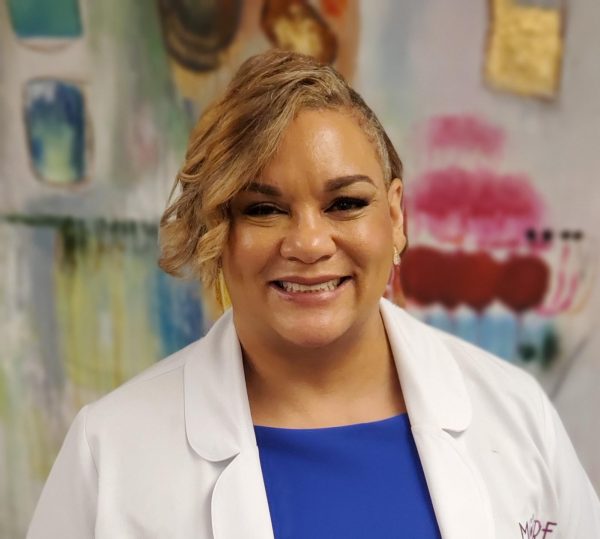
For Susan Lacy ’89, assuming a role in what will be one of the highest-profile Supreme Court rulings of this term was a no-brainer. “It’s important for someone to stand up,” she told the Record in an interview. “I felt very comfortable being involved.”
Lacy, a Memphis-based gynecologist, is one of the plaintiffs in United States v. Skrmetti — a case challenging a 2023 law passed in Tennessee that bans gender-affirming care for transgender minors. Oral arguments in the case begin today.
Activists and legal scholars see the Skrmetti case as the culmination of a yearslong culture war that has thrust transgender people, especially children, into the national spotlight. The court’s decision will have ramifications for the future of transgender healthcare for adults as well as minors. It could also set a precedent for rulings on future cases related to sex discrimination.
Lacy majored in biology at the College and was also a member of the soccer and track and field teams. After graduating, she went to medical school at Johns Hopkins and completed a residency in gynecology at the University of Tennessee.
Her practice, Modern Gynecology & Reproductive Health, provides a “comprehensive range of reproductive health services,” according to its website. Lacy said that hormone therapy for transgender patients makes up about a quarter of her work. “You don’t realize until you start providing care how many people need it,” she said. “It’s very important to me as part of our mission.”
Lacy began providing healthcare for transgender people in 2016. At her practice, she serves between 600 and 700 transgender patients at any given time. But the Tennessee law, Senate Bill 1 (SB1), cast doubt on the safety and legitimacy of this care, despite support for methods of hormone therapy from leading medical organizations. Immediately before the law took effect, about 25 of her transgender patients were minors, she said.
In 2023, once it became apparent that SB1 would pass, Lacy attended a conference about the law and introduced herself to members of the Tennessee branch of the American Civil Liberties Union (ACLU). “I said I would be willing to be involved [in their work] and would do whatever might be necessary,” she said.
Lacy saw firsthand how the law has affected her patients and their families, all of whom have “struggled for months at minimum” before even making an appointment. “Now that they’ve gone through all of this and they’re at a point where they feel good, the government is coming in and saying, ‘You can’t do that.’”
“Anguished bewilderment is probably the best way to describe it,” Lacy said of her patients’ reactions to the law. “These kids are like, ‘I don’t get how they can tell me I can’t do this, because I feel better.’ And the parents are sometimes quite terrified as well.”
So, soon after the conference, when the ACLU asked if Lacy would be willing to serve as a plaintiff in the case along with three transgender children and their families, she agreed.
Lacy’s role in the case, she said, is just to do her job — but not to craft the argument that lawyers will use to persuade the justices. “I have a unique position as a physician who understands the reality of the medical treatment as someone who has treated hundreds of people,” she said. “My job is to show up and be present and share, from a medical standpoint, what is important for people to know.”
For instance, Lacy could dispute myths that transgender people seek gender-affirming surgeries merely on a whim or that transgender hormonal therapy presents major medical complications for patients. “The treatment is very, very safe,” she said.
She added that she couldn’t fully speak to the extent of the law’s effect on transgender minors, because it has meant that they can no longer come to her or other doctors for care, and discourse about the issue has been shut down. “Not to be cliche, but it gets driven into a closet,” she explained. “It’s absolutely been shown, time and time again, that when conversation and access are stifled, it has a negative and deleterious effect on people’s health.”
A ruling is expected in late spring, but until then, the future of transgender healthcare in Tennessee and throughout the country is uncertain, Lacy said. “We don’t know what’s going to happen in terms of trans care across the board,” she said. “But we’re going to keep moving forward.”








